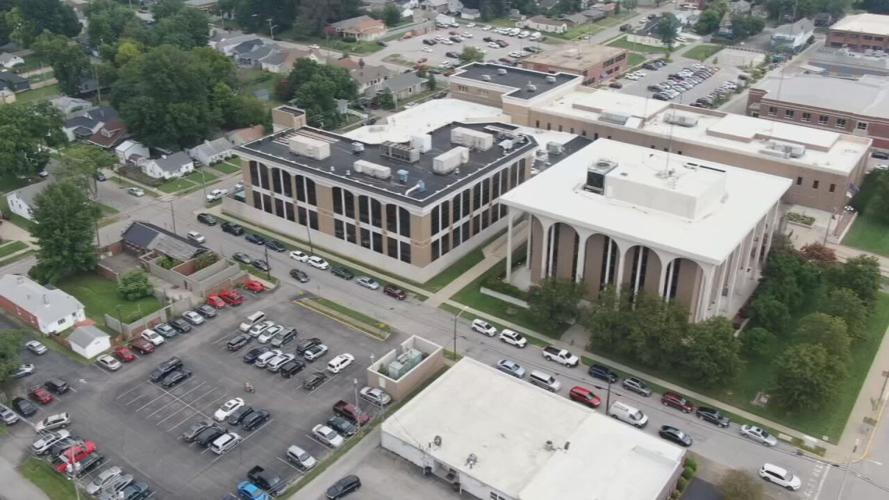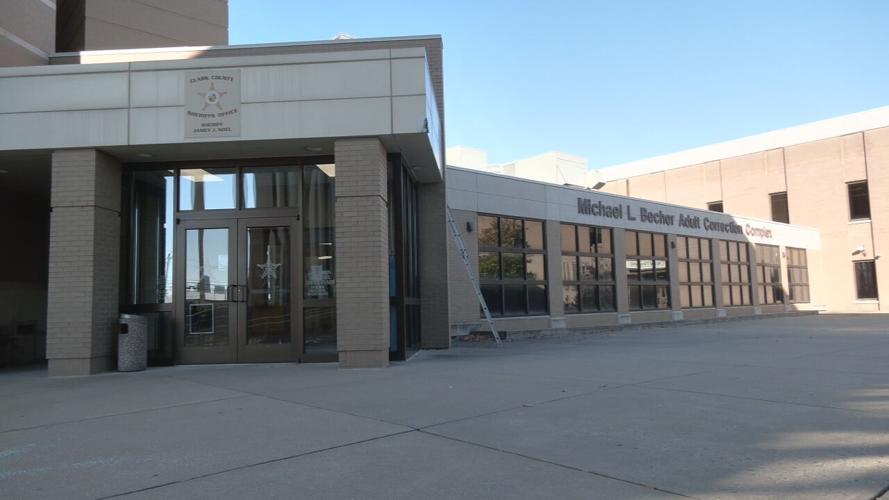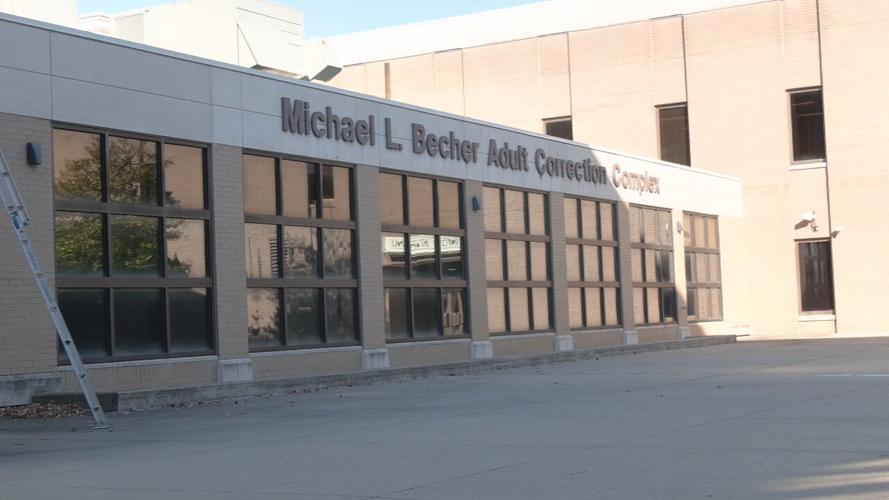CLARK COUNTY, Ind. (WDRB) -- The Clark County Jail in southern Indiana is near capacity, with close to 90% of the jail's population serving time for drugs or drug-related crimes.
That's why a group called Clark County CARES is working to keep others stay sober and out of jail in an effort to decrease the jail population and stop the revolving door of incarceration.
Dozens of people packed a conference room Tuesday evening to discuss one topic: How to keep people sober once they leave jail.
Drug treatment programs vary widely in Indiana from county to county. But, until recently, a program for those in Clark County's jail didn't exist. Now, a new program called Integrated Reentry and Correctional Support (IRACS) is supporting people who leave jail after substance abuse to develop a new lifestyle.
“I lost a very beautiful granddaughter to a heroin overdose,” said Carolyn King, one of the founders of Clark County CARES.
A force of nature, King turned her grief into action. For almost a decade, she has held together the group of volunteers fighting addiction and increasing awareness.
In 2015, King learned the overdose rate in Clark County was two times that of Louisville, and found a way to help.
“Because everyone is carrying Narcan now, we have Narcan dispensaries throughout the county, we have first response teams, that sends social workers with police, we are saving lives,” she said.
Health departments in southern Indiana have worked to make Naloxone, also known as Narcan, more available around the area.
According to the Centers for Disease Control and Prevention, there were more than 112,000 overdose deaths in a 12-month period nationally in 2023.
King said the rate of fatal overdoses dropped from 89 a few years ago to 50 last year, making the Clark County a model for the rest of the state. But where the county failed to treat addiction was behind bars.
Former Clark County Sheriff Jamey Noel was reportedly not interested in letting outside groups inside the jail to treat the inmates. But the jail's new administration is taking a different path.
“A lot of times, they get and they have nothing,” said John Benningfield, a re-entry coordinator who gets in the trenches with inmates struggling to stay clean. “I was able to meet with them, do intakes, fill out applications and be there when they got out."
One of the guys he helped is Daniel Schultz, who developed a meth addiction while dealing drugs and served almost four years in jail. Benningfield has walked side by side with Schultz to help him stay sober and out of jail.
“He is my guarding angel, he saved my life. If it wasn't for him, I wouldn't be here today,” said Schultz.
Coming out of jail a few months ago, Schultz feared going back out into the world without a safety net. That's where the people from IRACS stepped in to help, getting to work in the Clark County Jail last week, King previously said.
"The real test is when you get outside," Schultz said. "I mean, you can do anything in jail but when you hit, the minute you step out of that is the real test, you know. I stayed sober in jail, I got out and I'm still sober as of today."
Schultz said he has since completed two rehab programs and is now working part-time.
Peer-to-peer counseling for inmates at the Clark County Jail is just getting underway, so it's too early to say how many people have been served by the program. And while they don't have a lot of data to support their mission, they have people like Schultz, who is alive and out of jail because of it.
Earlier this week, Clark County CARES started its annual weeklong event series of free, educational and solution seminars. To learn more about Clark County CARES Drug Facts Week 2024, click here.
To view resources offered in southern Indiana, click here. For more information on overdose prevention and response from the Clark County Health Department, click here.
Related Stories:
Copyright 2024 WDRB Media. All Rights Reserved.







